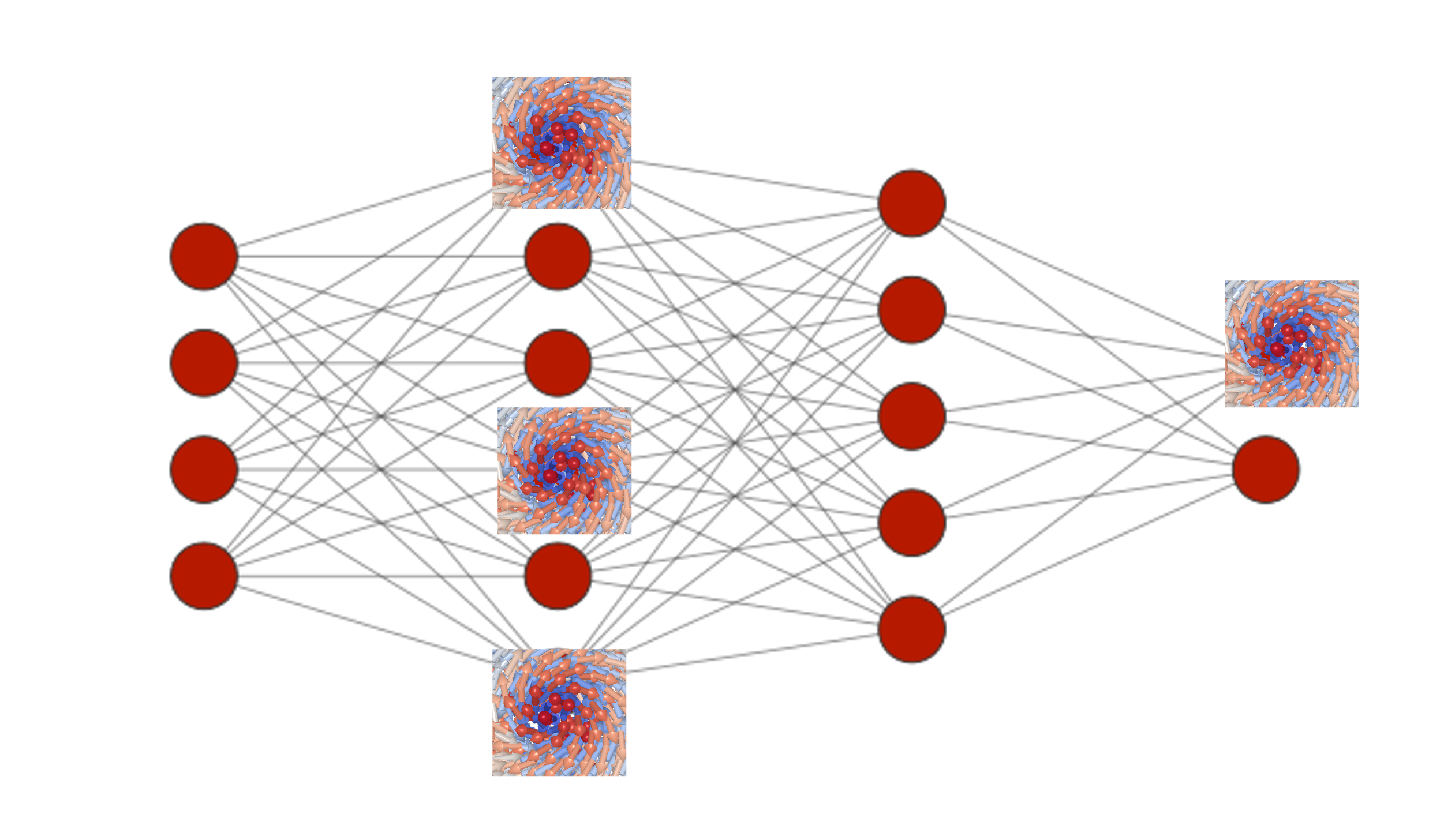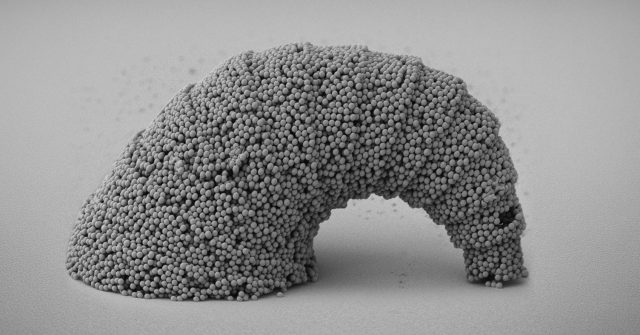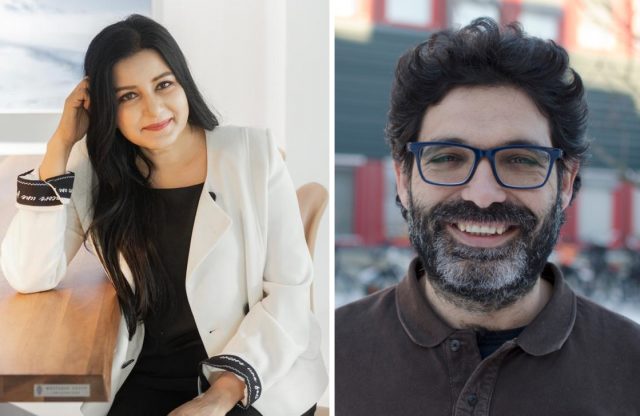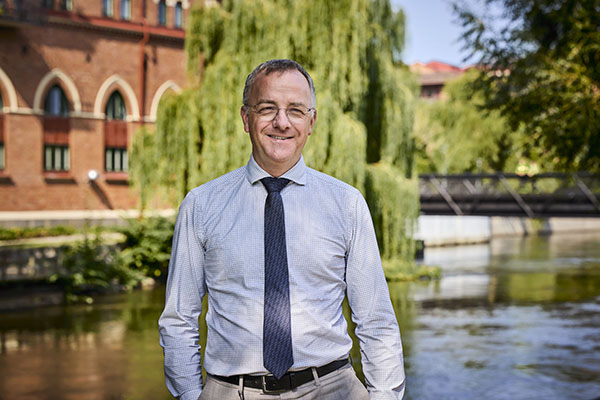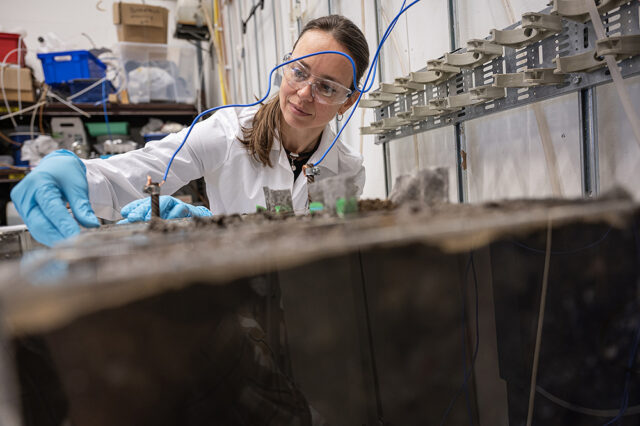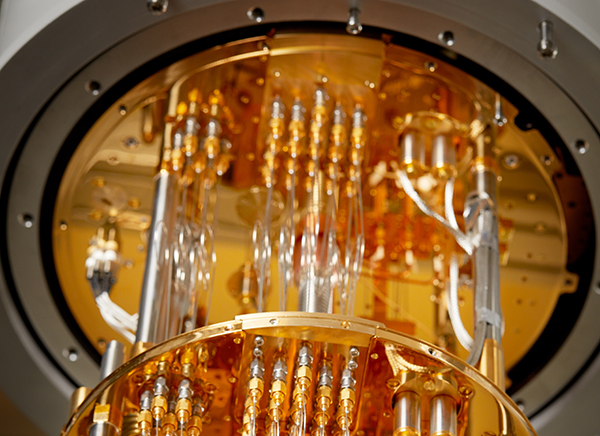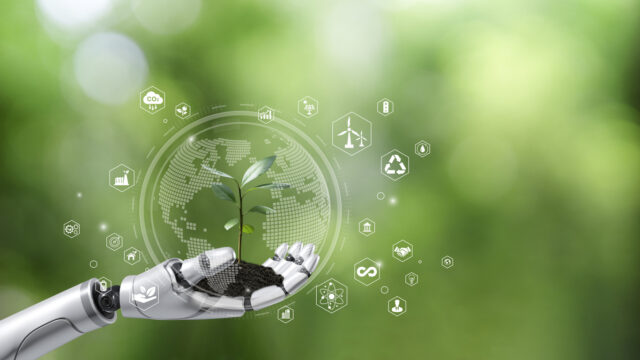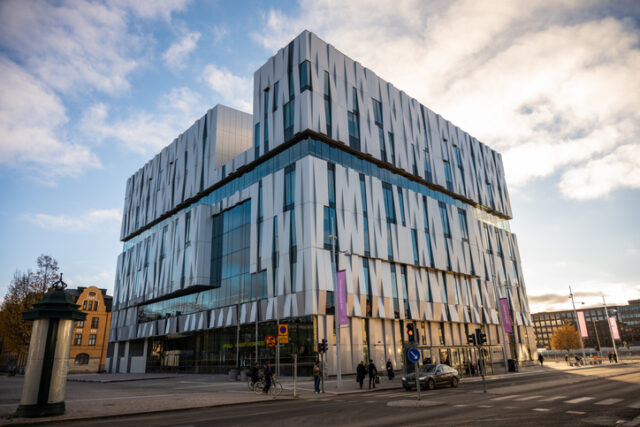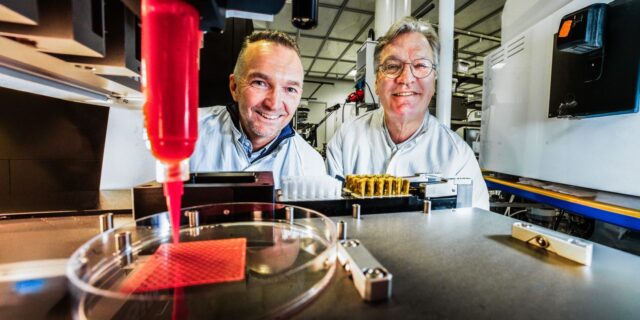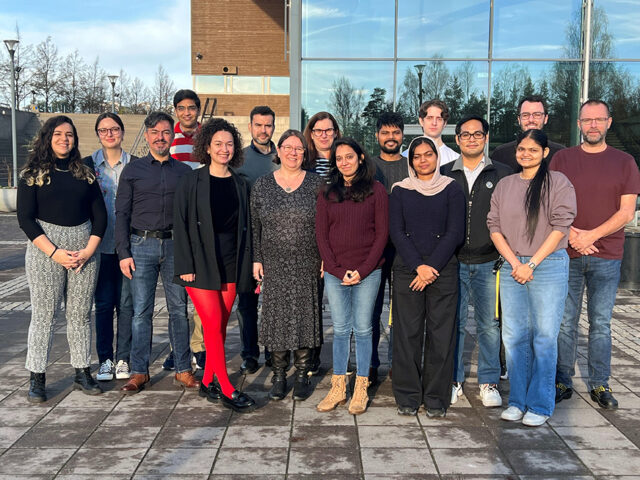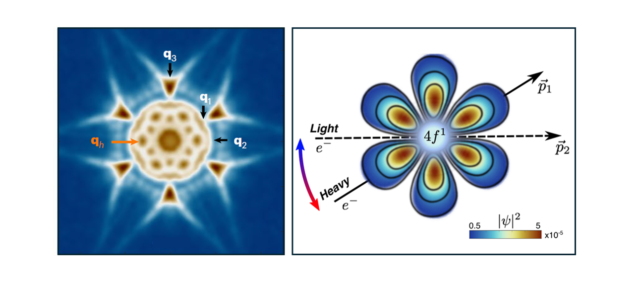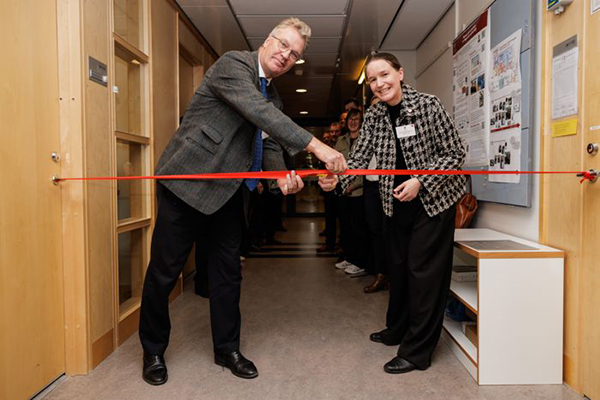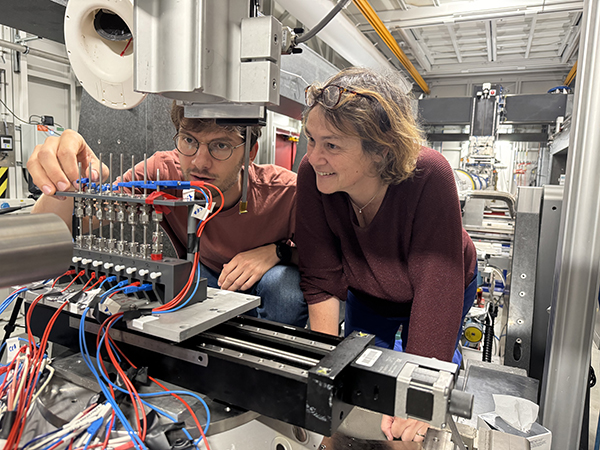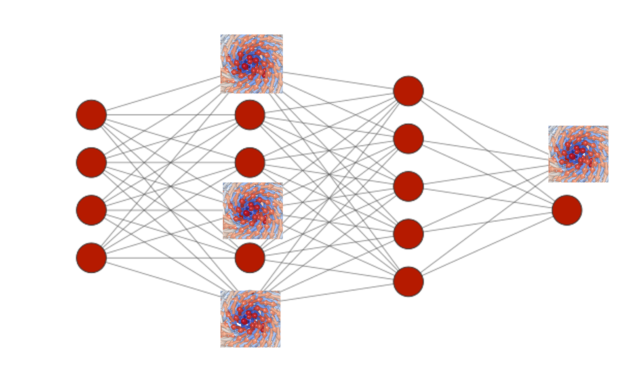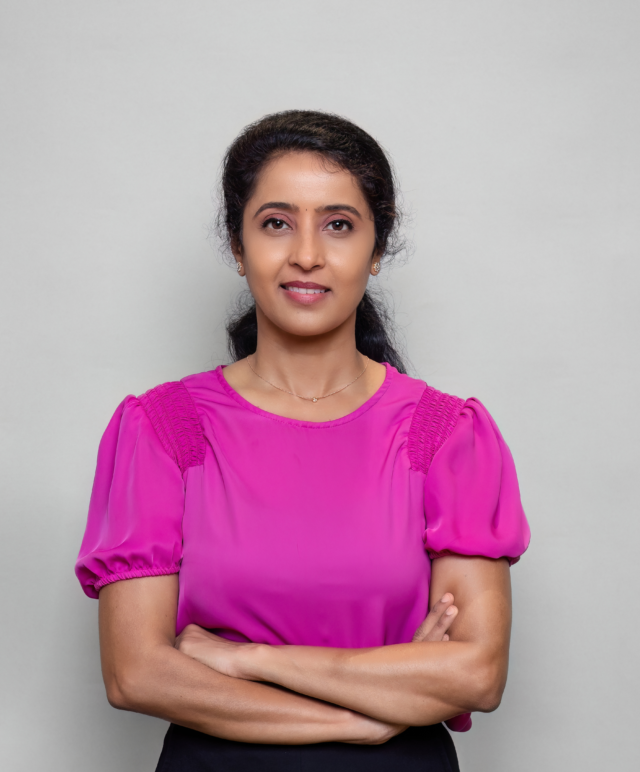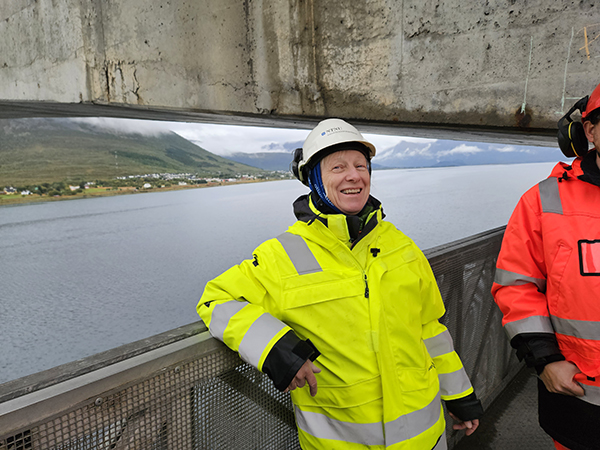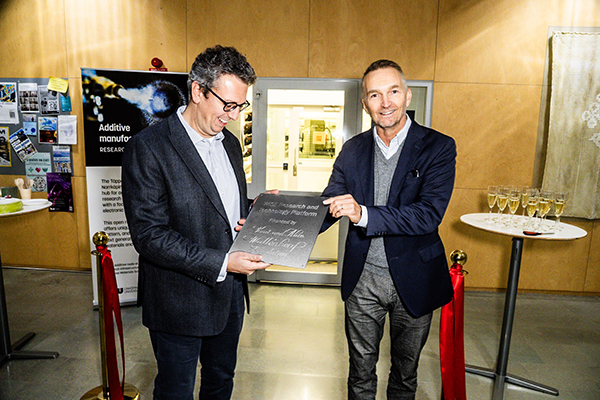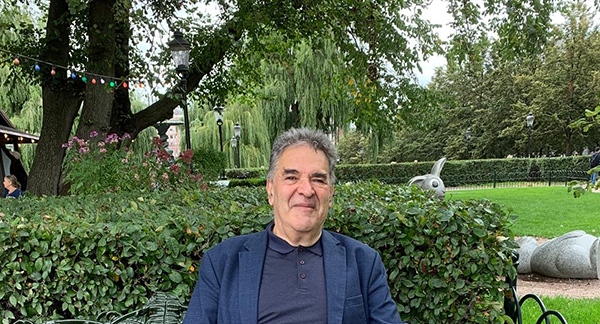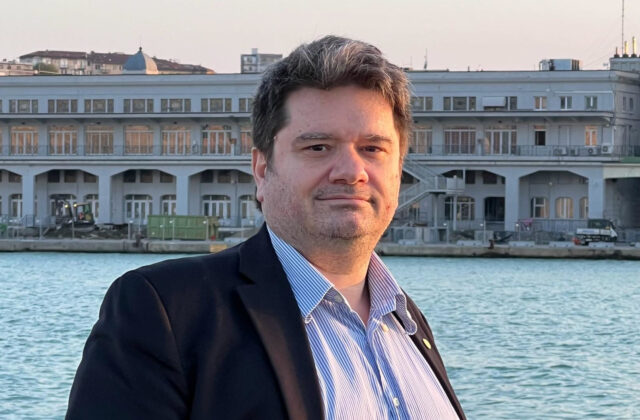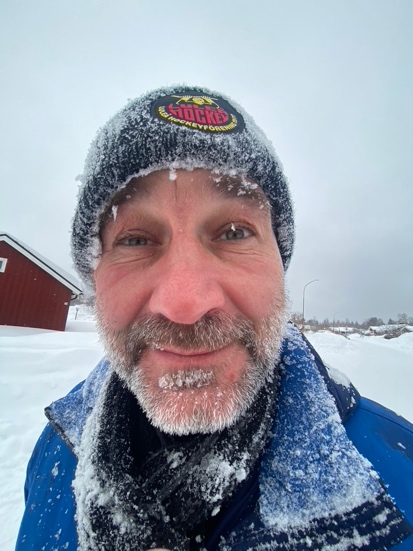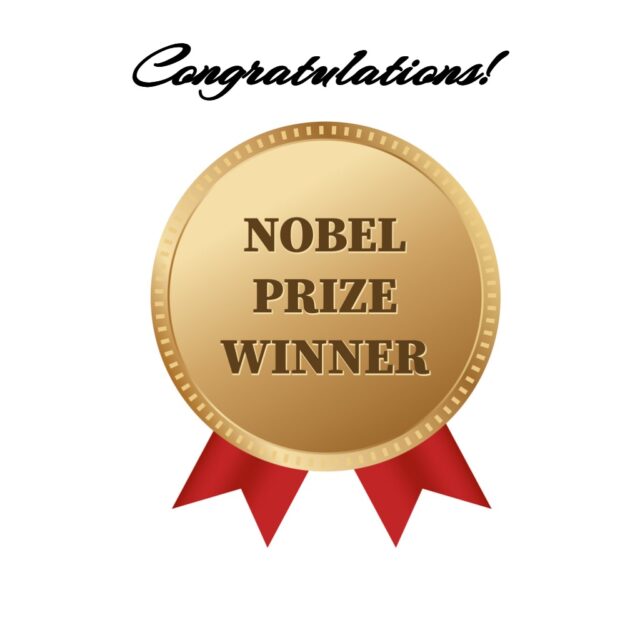We are excited to announce the sixth seminar in the Machine Learning Meets Materials Science series, a part of a WISE–WASP initiative designed to spark collaboration between two cutting-edge fields.
Hosted by WISE-affiliated researcher Maryna Pankratova (Uppsala University), this session features:
-
AI Focus: Machine Learning with “Frozen Randomness” by Denis Kleyko, Associate Senior Lecturer at Örebro University
-
Materials Science Focus: Tunable Charge and Spin Dynamics in 2D Quantum Heterostructures by Venkata Kamalakar Mutta, Associate Professor at Uppsala University
Each seminar in the series provides a unique platform for knowledge exchange, bridging machine learning and materials science to explore new possibilities at their intersection.
Don’t miss this chance to gain fresh perspectives, learn foundational concepts, and connect with leading researchers shaping the future of science and technology.
Date: October 1st, 2025
Time: 10:00 AM – 11:00 AM (CET)
Location: Online via Zoom,
Join Zoom Meeting https://uu-se.zoom.us/j/68203446696
Meeting ID: 682 0344 6696
Agenda
10:00 Denis Kleyko, Associate Senior Lecturer, Örebro University.
Title: Machine Learning with “frozen randomness”
Abstract:
We are in a phase when it is widely perceived that machine learning requires both access to vast amounts of data and virtually unlimited computational resources. In this talk, I will present an alternative perspective based on randomized neural networks. In such networks, most weights are fixed at random and never trained (hence the term “frozen randomness”). Typically, only a linear output layer is trained, which can be done using standard methods from linear algebra. This approach allows models to be trained rapidly, even with limited data, making them an accessible entry point to machine learning. An equally interesting aspect is that implementation of these networks is not restricted to traditional digital computing. Their random weights can be realized in many physical substrates that exhibit rich internal dynamics, (even something as simple as a bucket of water). This opens the door to exploring new materials and harnessing their natural dynamics for computing.
10.30 Venkata Kamalakar Mutta, Associate Professor, Uppsala University
Title: Tunable Charge and Spin Dynamics in 2D Quantum Heterostructures
Abstract:
Two-dimensional (2D) van der Waals heterostructures, interfaces, and junctions provide new means for controlling charge and spin dynamics, as well as ordering phenomena. Magnetic interfaces with 2D materials enable spin-resolved transmission and can also host nontrivial magnetic textures. Here, I introduce two observations. First, graphene, established for its exceptional spin communication, when interfaced with ferromangetic layers, enhances ultrafast demagnetization speeds in graphene spin field effect junctions and ultrafast charge transfer in MoS₂-based van der Waals heterostructures. Second, incorporating MoS₂ into a Cobalt|Platinum heterostructure introduces additive interfacial Dzyaloshinskii–Moriya interactions (DMI) from both the MoS₂/Co and Co/Pt interfaces. This additive DMI stabilizes chiral spin textures and enables the observation of the topological Hall effect (THE). Our findings of interface-tuneable charge and spin dynamics in 2D heterostructures underscore their significance in advancing the performance and functionality of emergent spintronic and opto-spintronic devices.
Welcome!
